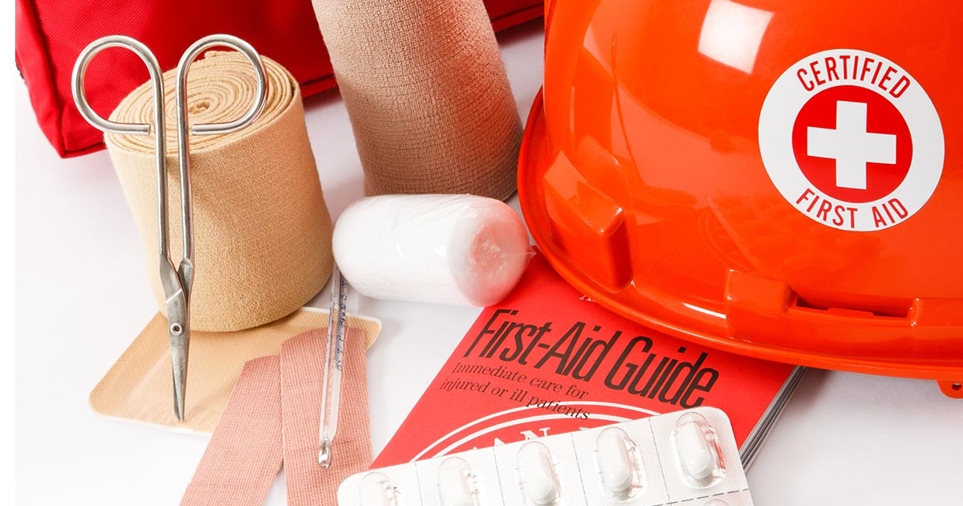New year, new you? Making New Year’s resolutions stick
Jan 3, 2019

At the beginning of a new year, we all have the best intentions. Our resolutions are absolute — this will be the year we’re going to eat better, work out, get more sleep and finally paint the house (or whatever pesky goal has been zooming through your brain all year).
Unfortunately, 80 percent of hopeful resolution-makers abandon their goals by February. But not you! The key is starting small, and making changes that are manageable to build consistency. We’ve made a list of common health-centered resolutions. Then we went a bit further, giving you realistic tips for keeping your goals.
Create healthy habits
1.Eat better.
Whether you’re making a goal to buy organic produce, eat out less or cut sugar, take an honest evaluation of your current nutrition habits. We are all tempted to go to extremes when we enact our resolutions (i.e., no more carbs ever!) but this is often why our New Year’s goals fail before March — it’s too much, too soon. So, choose something small, like the next step in your nutritional journey… not the next six steps all at once. Whatever you decide, pick something that feels sustainable to you, adding to your healthy habits as the year moves forward.
Simple ways to start:
- Don’t eat meals after 7 p.m.
- No snacking after 9 p.m.
- Eat a healthy, well-balanced breakfast with a protein and a healthy carbohydrate (like yogurt, oatmeal or egg whites).
- Buy organic fruits, vegetables and meats.
- Cut out processed snack foods.
- Pack your lunch instead of buying fast food.
- Plan the menu for each week, leaving less room for temptation.
- Drink at least 2 liters of water every day.
2.Work out more.
Like with eating healthy, our fitness regimes take a nose dive when we try too much too fast. Getting in shape is a process, one that requires patience with your body as it acclimates to harder workouts. The trouble begins when we attempt feats our bodies aren’t ready for yet, resulting in injury, illness or discouragement. If you haven’t worked out in years, don’t begin by trying to run five miles on January 1. Be honest about your fitness level and start accordingly.
Simple ways to start:
- Take 30-minute walks each day.
- Pick just two days a week to work out, then add more as you feel stronger.
- Hire a personal trainer (even if it’s only for a month) to ensure proper form and appropriate workout plans.
- Remember each workout doesn’t need to be two hours long. Even 15 minutes is a great start.
- Find your workout buddy. Even if you don’t work out together, the accountability will make it easier to stick to your goals.
3.Rest more.
Whether you think so or not, sleep is important to your overall health. When we are well-rested, our brains are more alert, our memories are better, we handle stress more effectively and our bodies function at higher levels. See, and you thought getting healthier would be nothing but hard work!
Getting more rest does mean you’ll have to have some willpower, though. For adults, doctors recommend seven to eight hours of sleep per night. In order to get all those hours, you’ll have to set a firm bedtime — putting down the phone, turning off the TV and shutting off those work emails is no joke!
Simple ways to start:
- Determine your bedtime based on your wake-up time. Remember, the goal is to get seven to eight hours of sleep per night.
- Eliminate screen time at least 30 minutes before bed. The blue light from your phone, TV or computer sends signals to your brain that keep it awake.
- For a more restful night’s sleep, ensure your room is dark. Invest in better blinds or shades to help your body sleep longer.
- Sleep with white noise (like a fan or air purifier) to drown out traffic or noisy neighbors.
Next year is yours for the taking! Pick a few of our suggestions that seem right for you and get started. Once February rolls around, add a few more to keep building upon your new, healthy habits. Happy New Year!


